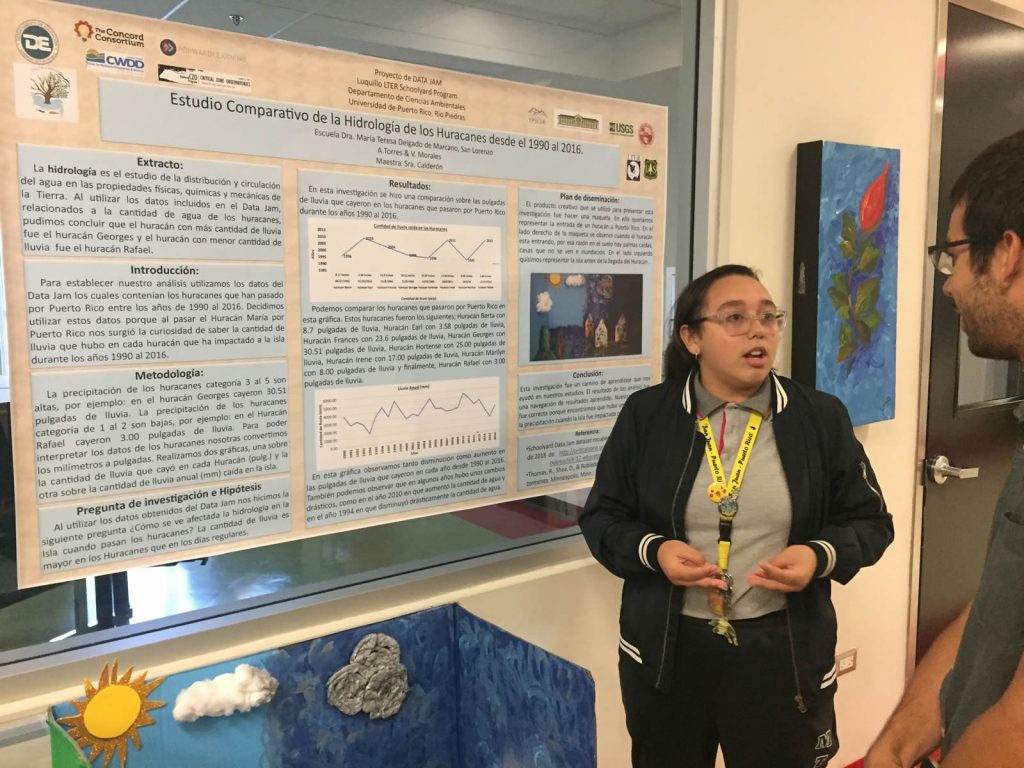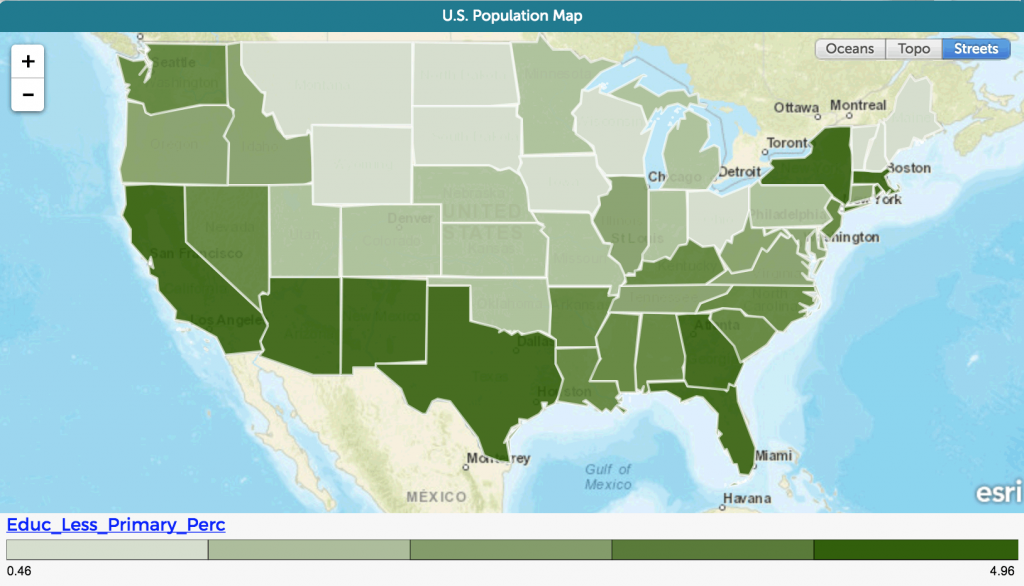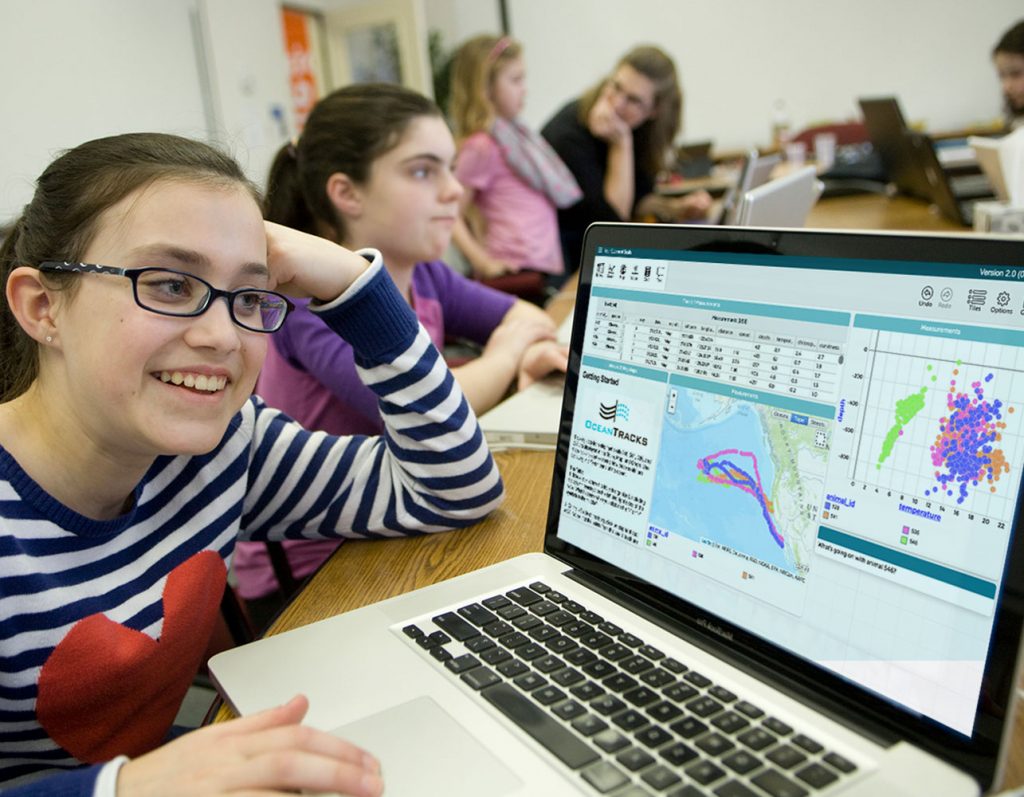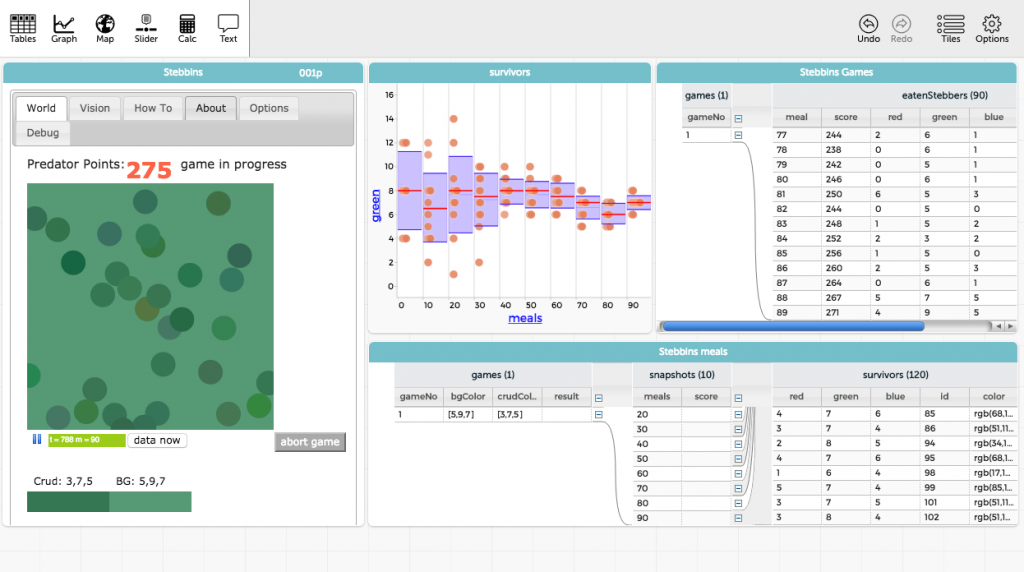Category: Tag: CODAP
Fifty statistics educators from ten countries gathered on July 10, 2018, in Kyoto, Japan, at the International Conference On Teaching Statistics (ICOTS) for the inaugural data science education Special Interest Group (SIG) organized by Tim Erickson of EEPS Media and William Finzer of the Concord Consortium. The large group included university professors, software developers, curriculum […]
Students in the Luquillo Schoolyard Project in Puerto Rico are jamming on data. Large, long-term environmental data! And our free, online tool CODAP (Common Online Data Analysis Platform) joined their Data Jam to help students visualize and explore data in an inquiry-oriented way. El Yunque National Forest, the only tropical rainforest in the U.S. National […]
It’s impossible to overstate the importance of getting more students and teachers working with data across all subject areas. Name a problem we face as a society—from combating global warming to feeding the growing population, reducing violence, and increasing equity—and data-savvy people are at the heart of any attempt at a solution. The Concord Consortium, […]
Bill Finzer and Sherry Hsi will both present at the EdSurge Fusion Conference in Burlingame, California, near our Emeryville office. The Common Online Data Analysis Platform—Getting more students in more classrooms to do more with data William Finzer Thursday, November 2 12:00 – 1:00 PM CODAP is a free web-based data tool designed as a […]
In August 2017, Hurricane Harvey evolved from a series of thunderstorms to one of the first major hurricane landfalls in the United States since early 2005. Right on the heels of Harvey, Hurricane Irma blasted through the Caribbean and onto the U.S. mainland, striking Florida in early September. The National Oceanic and Atmospheric Administration (NOAA), […]
Common Online Data Analysis Platform (CODAP) provides an easy-to-use web-based data analysis platform that can be incorporated across the curriculum to help students summarize, visualize, and interpret data, advancing their skills to use data as evidence to support a claim.
All data science game scenarios follow a similar design: students take context-specific actions in the game. They store their data, organize it, analyze it, and visualize it in the surrounding CODAP environment.
Michigan State University and the Concord Consortium are collaborating to examine how to support secondary school students in constructing and revising models based on disciplinary core ideas and crosscutting concepts to explain scientific phenomena.
Check out our newly revamped CODAP website! We hope you like our new CODAP website, which is designed to make it easier to find information about CODAP and data science education. In particular, we hope you like the design which, is more modern and is intended to be easy to navigate. We wanted a new […]
Thank you to the fantastic crowd at Cyberlearning 2017 who attended our Data Science Education Meetup at Mussel Bar and Grill on Tuesday night. The Meetup provided an opportunity for members of the Cyberlearning community to discuss innovative ways that we could implement data science education into research and curriculum development, to address NSF’s 10 […]




